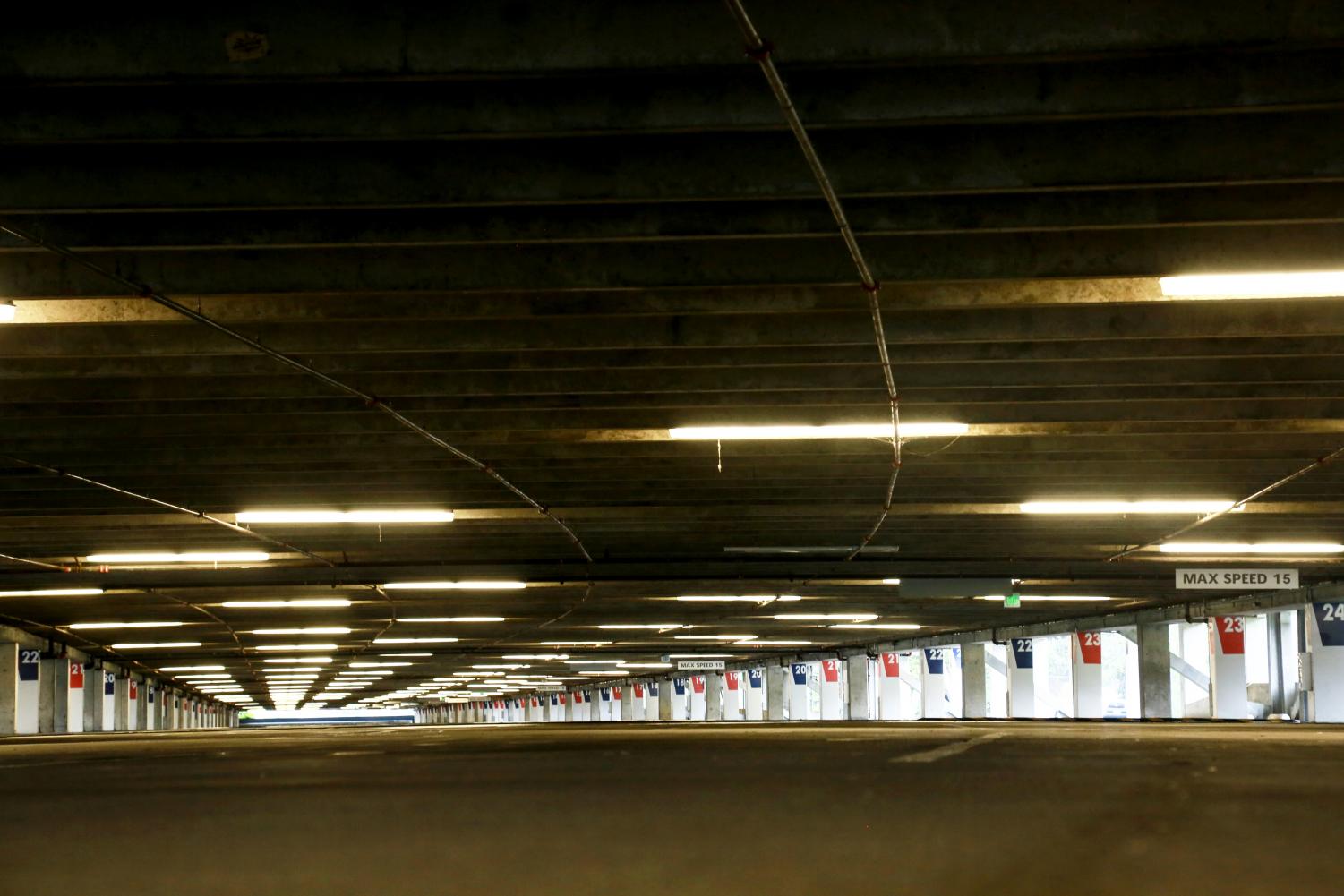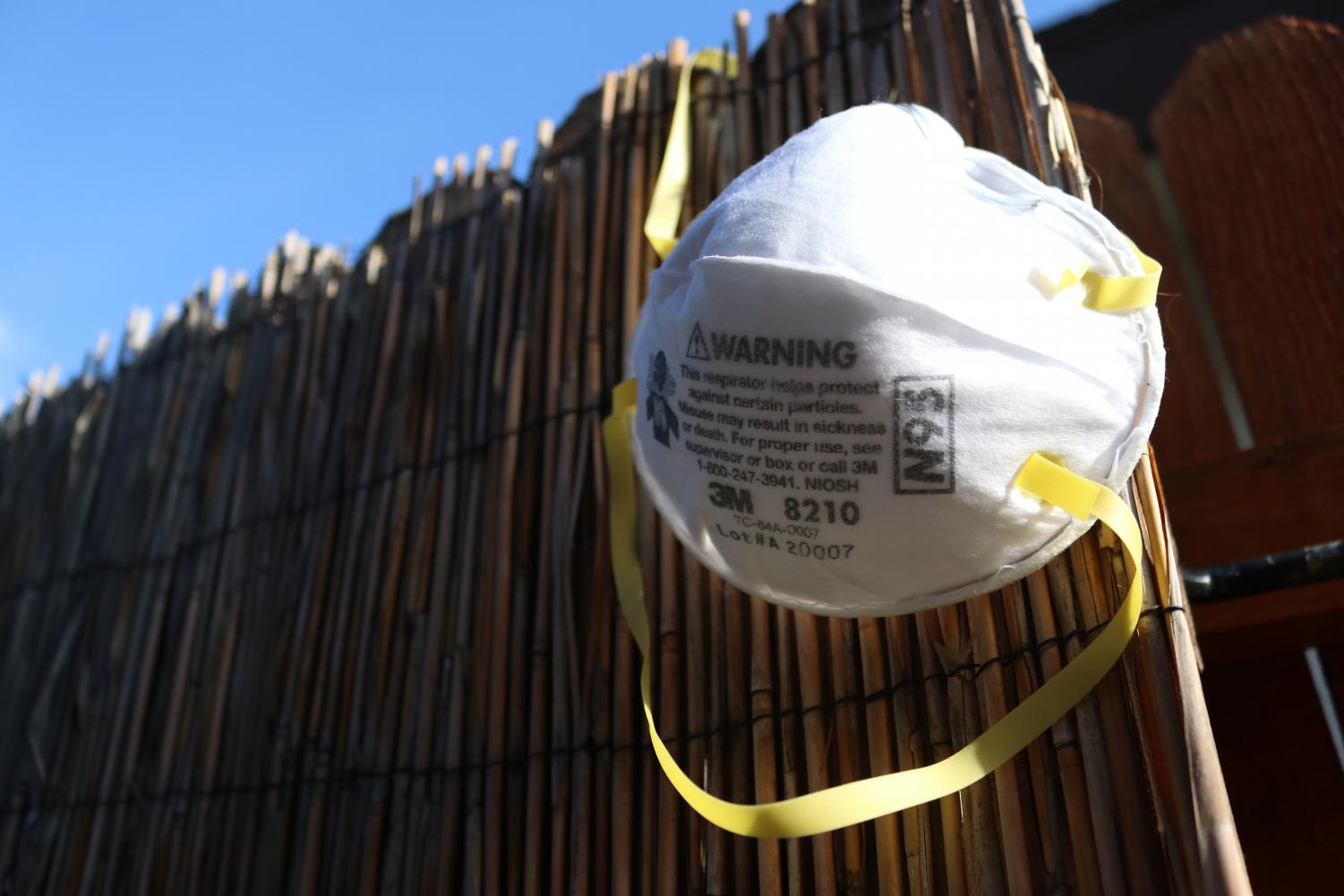As coronavirus cases surpass 12,000 in LA County, students navigate racial disparities, information and safety
April 20, 2020
Editor's Note: If viewing on a phone or tablet, select the "request desktop version" control on your browser for the best viewing experience.
With officials confirming thousands of new coronavirus cases in Los Angeles County every week, El Camino College students are navigating disparities and figuring out how to stay safe and informed.
“It’s like playing a game of tag and you don’t know who’s it and you won’t know until it’s too late,” Mohammad Abdullah, an ECC student living in Inglewood, said. “Interacting with people is more difficult, you don’t know if they have corona or not.”
As of Sunday, April 19, the Los Angeles County Department of Public Health (LACDPH) identified a total of 12,341 coronavirus cases in Los Angeles County, with 600 of them resulting in deaths.
In the last week alone, between Monday, April 13, and Sunday, April 19, the LACDPH announced an average of 449 confirmed coronavirus cases and 43 deaths every day.
There are 877 confirmed cases in local cities near El Camino College. Of those eight municipalities, Torrance (194 cases), Inglewood (157 cases) and Carson (151 cases) are the most impacted.
At a press conference held on Friday, April 17, L.A. County Public Health Director Barbara Ferrer confirmed details about demographics of coronavirus deaths.
“87% of the people who have died from COVID-19 had underlying health conditions, reminding us of how important it is that we do everything we can so that those with underlying health issues are able to remain safely in their homes with the rest of us helping,” Ferrer said.
She also confirmed racial demographics for 425 deaths that have been investigated:
- African American - 16%
- Asian – 18%
- Latinx – 29%
- White – 29%
- Other – 3%
“We’re working hard with our community partners to respond to the disproportionate number of deaths that we continue to see among African Americans and also tracking information for other subpopulations where there may be disproportionality in the burden associated with mortality rates,” Ferrer said.
That includes addressing issues surrounding accessibility to testing, health services and accurate information, Ferrer added.
Navigating disparities in a low-income community
Abdullah frequently makes the trip from Inglewood to Beverly Hills to pick up his mother from work. From clean streets to no potholes, Abdullah said the differences between Beverly Hills and Inglewood are noticeable.
But with coronavirus, he noticed how it’s mandatory in Beverly Hills to wear a mask when outside of your home, but that’s not the case in Inglewood.
“Every time I go out there [Beverly Hills], my mom pressures me to wear my mask otherwise we could be stopped,” Abdullah said. “Seeing how that one rule is enforced in that city as opposed to Inglewood just shows how much preference there is to maintaining a certain demographic, whether you want to say race or wealth.”
Last week, Abdullah said his neighborhood experienced a blackout for 30 minutes and noted how his community experiences the coronavirus pandemic differently than those in Beverly Hills.
“That just made me think that we are always disenfranchised and we always have the shorter end of the stick — but that never defeated us,” Abdullah said. “We’re personally so accustomed to the government failing us that we plan off of that.”
He has experienced and knows others who have experienced pay cuts or unemployment in recent weeks. He has also heard his mother, friends and neighbors attempt to figure out how they’re going to make ends meet, Abdullah said.
“Coronavirus does highlight the disparities we go through on a day-to-day basis,” Abdullah said. “A lot of people are struggling with themselves physically and mentally. It definitely puts a weight on you."

Parking Lot F sits empty of vehicles during the afternoon of Tuesday, March 17, a few days after classes moved online at El Camino College. The parking structure stretches from Manhattan Beach Boulevard to Redondo Beach Boulevard. Mari Inagaki/The Union
Trying to stay informed
Alberto Alegria, 20, lives in Hawthorne and said that a challenging adjustment to online classes and members of his family facing pay cuts or unemployment are a few struggles he has recently experienced amidst the ongoing pandemic.
“This entire thing seems like we’re living in some sort of a simulation,” Alegria said.
Alegria said the way he stays informed is by monitoring news on Reddit and fact checking what he reads.
“I think it’s extremely important and everybody should be involved with reading and spreading correct information,” Alegria said. “A lot of people try to spread information that’s not entirely true, especially through WhatsApp and all that.”
Alegria said he tries to fact check everything he reads and is able to check up on users’ sources whenever they post on Reddit.
“A lot of people are not just like claiming things, a lot of them are mostly referring to sources that they link,” Alegria said. “I think that’s good because I think that’s more credible than someone on Twitter just like tweeting something."
Alegria also mentioned how popular news subreddits have moderators who try to keep bias out of content being shared by users.
Trying to maintain social distancing
Shane Barley, 19, lives in Redondo Beach and said he sees many people frequent local community parks without taking the best precautions. Although rarely, whenever Barley leaves his house, he makes sure to wear a mask, he said.
“There’s still a lot of people, a lot of children, especially, [outside] with their parents,” Barley said. “I think to be effective, you just have to keep your children inside.”
At Alta Vista park on Julia Avenue in Redondo Beach, Barley still sees people biking and walking their dogs in crowded areas. Many of them ignore social distancing and pass right by each other, he said.
“Some people actually don’t care. Some people don’t have face masks,” Barley said. “I don’t think people should be going out to random places. I think staying home is definitely the best bet. I understand people need to work and people need to grocery-shop — obviously that is an essential thing."
For six weeks now, Barley said he has not been able to see his grandparents, who live separately in a townhome apartment.
“It sucks, I used to almost see my grandparents every single day,” Barley said. “They’re both retired but now they can’t go grocery shopping. They used to love going out.”


